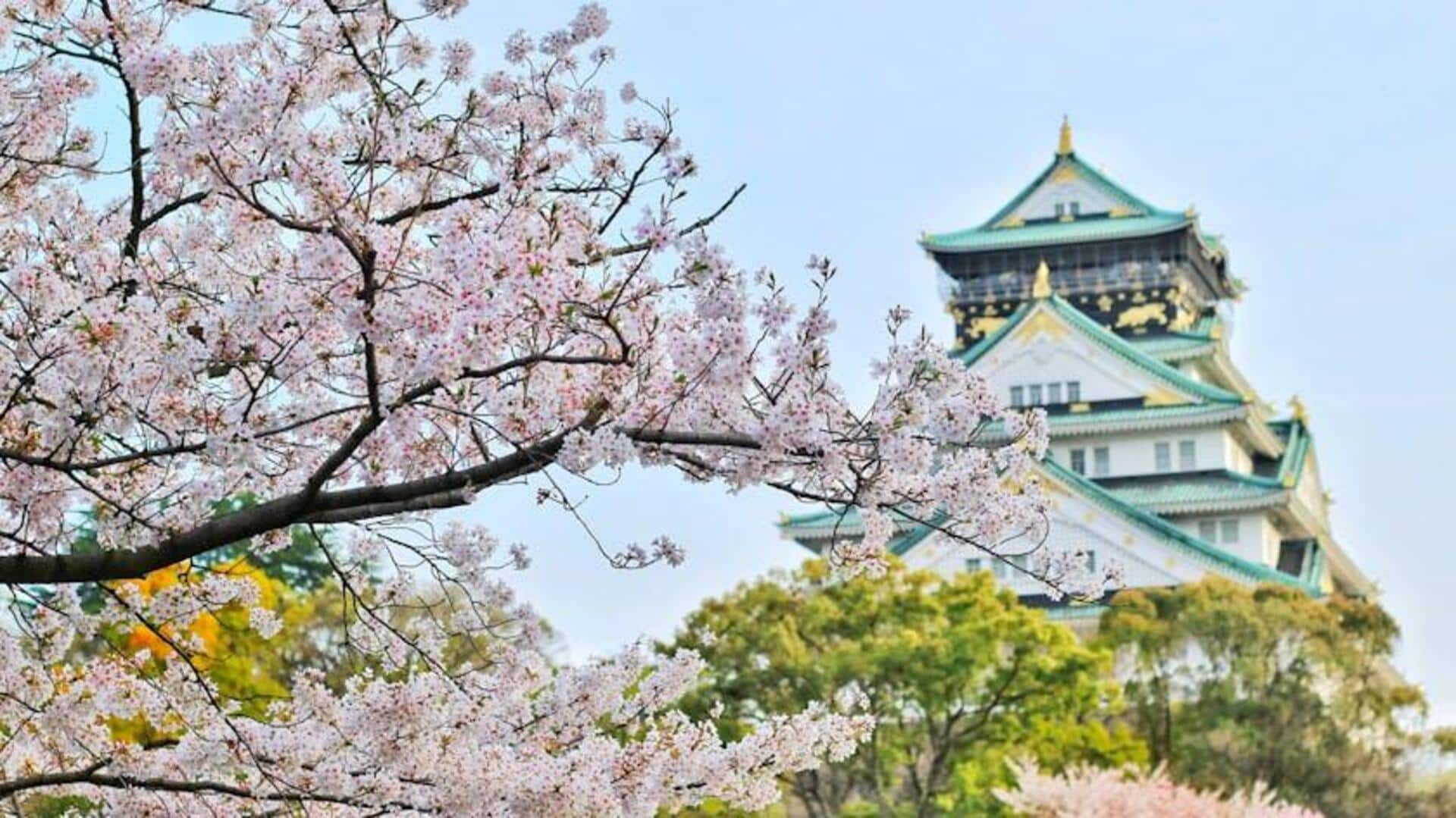
5 unique aspects of Japanese minimalism culture
What's the story
Japanese minimalism is more of a cultural phenomenon that highlights simplicity, functionality, and the beauty of less. It has caught the world's attention for its unique way of living with less while emphasizing quality and purpose. The practice is deeply embedded in the Japanese traditions and philosophies and shows how minimalism leads to a more meaningful life. Here are five unique traits of Japanese minimalism culture that differentiate it from other minimalist movements.
Quality focus
Emphasis on quality over quantity
Japanese minimalism also heavily emphasizes owning less but of good quality. This is to say that instead of having a bunch of cheap stuff, you should invest in some durable goods that serve multiple purposes. This way, instead of a hoard of low-quality items, you will have long-lasting products that improve your life without taking up too much space.
Zen influence
Influence of Zen philosophy
Zen philosophy plays a major role in defining Japanese minimalism. The principles of simplicity, mindfulness, and living in the moment are the essence of this lifestyle. By bringing Zen teachings into their daily lives, one can establish an environment of peace and tranquility. It also cuts down distractions from excess things.
Functional design
Functional design aesthetics
Japanese minimalism is defined by its functional design aesthetics, where spaces are designed thoughtfully with practicality in mind. Each element is selected to serve a particular purpose, shunning unnecessary decorations. This technique improves efficiency and creates spaces that are not just efficient, but also visually pleasing. It depicts a seamless harmony between form and function. This approach reflects the culture's deep appreciation for simplicity and thoughtful living.
Nature connection
Connection with nature
A deep connection with nature is another key aspect of Japanese minimalism culture. Incorporating natural elements such as wood, stone, and plants into living spaces help create a sense of balance between indoor environments and the natural world outside. This connection fosters an appreciation for nature's beauty while encouraging sustainable living practices.
Decluttering ritual
Decluttering as a ritual
Unlike how we perceive decluttering as a periodic chore, within the Japanese minimalism culture, it is considered an important ritual. By regularly evaluating our possessions, we can easily part ways with things that are no longer useful or joyous in our lives—paving the way for more clarity, both physically (in our spaces) and mentally (by reducing the stress of clutter).